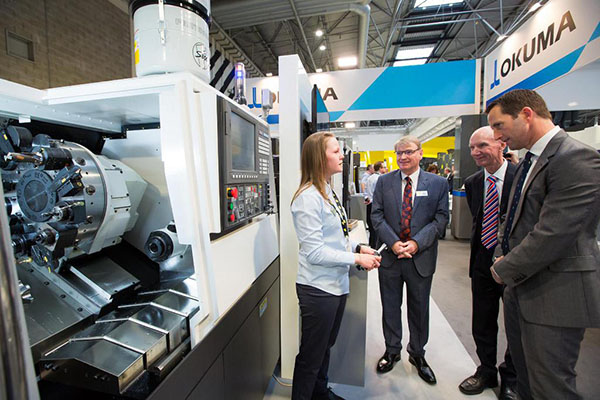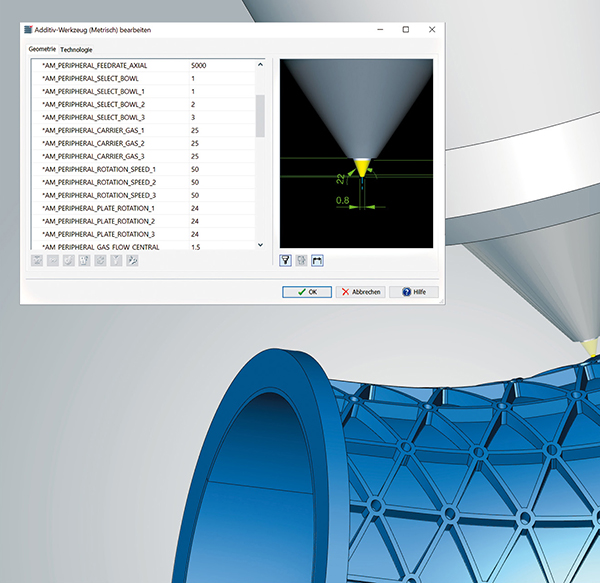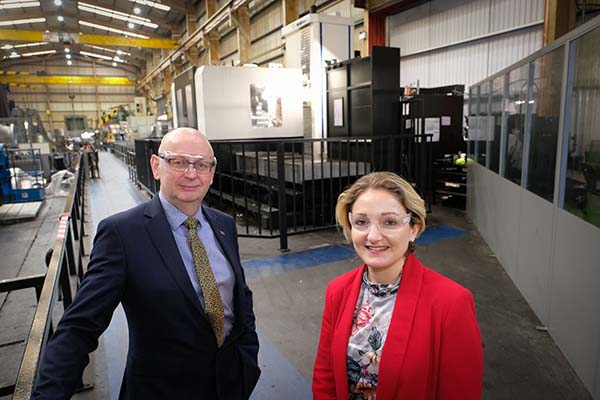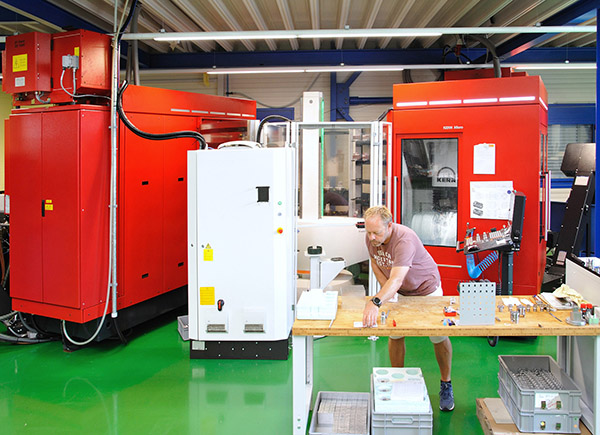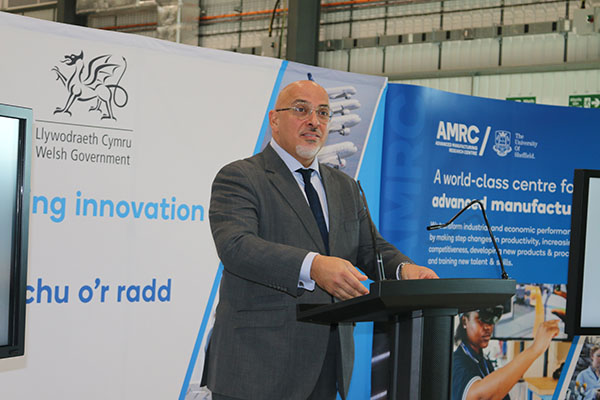Showcasing live, digital production systems in one space, under one roof, hundreds of millions of pounds worth of business is set to be discussed, secured and completed at MACH 2020 (Birmingham NEC, 20-24 April).

Attracting 25,000 visitors and in excess of 600 exhibitors, MACH is the platform to connect UK manufacturing engineers, decision makers, buyers and specifiers with suppliers of new technology, equipment, services and processes.
MACH is owned and organised by the Manufacturing Technologies Association, which says the show is not just a five-day exhibition, but rather creates a large pipeline of high-quality leads and opportunities that will keep sales team busy for a long time after the event has ended. Exhibitors attending the last MACH in 2018 report that their expectations were exceeded, and the show was a resounding success, raising their profile, creating tender opportunities and generating in-market sales leads.
For further information www.machexhibition.com






